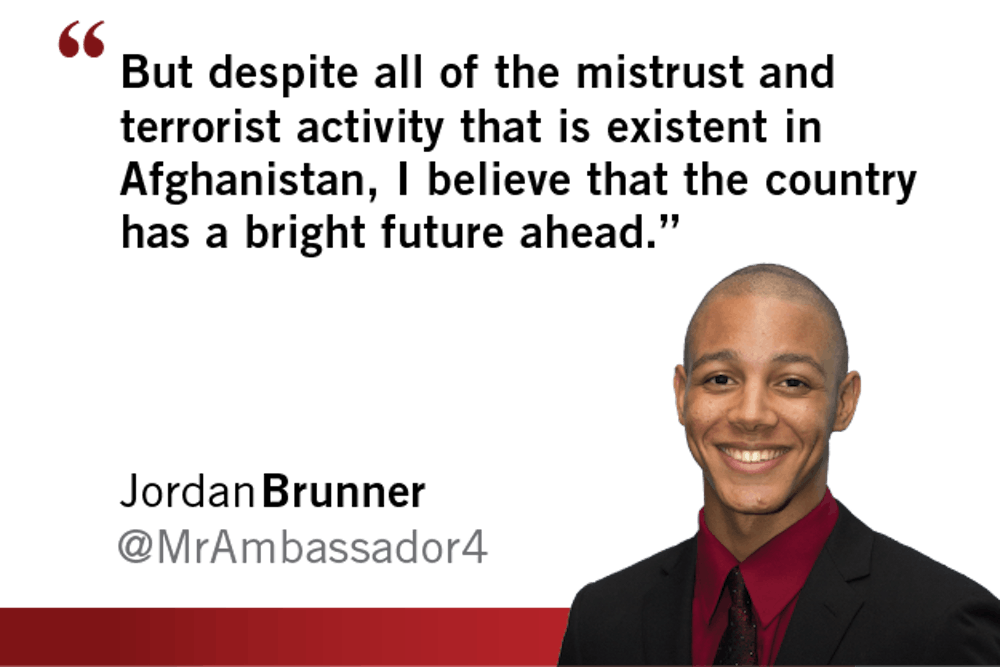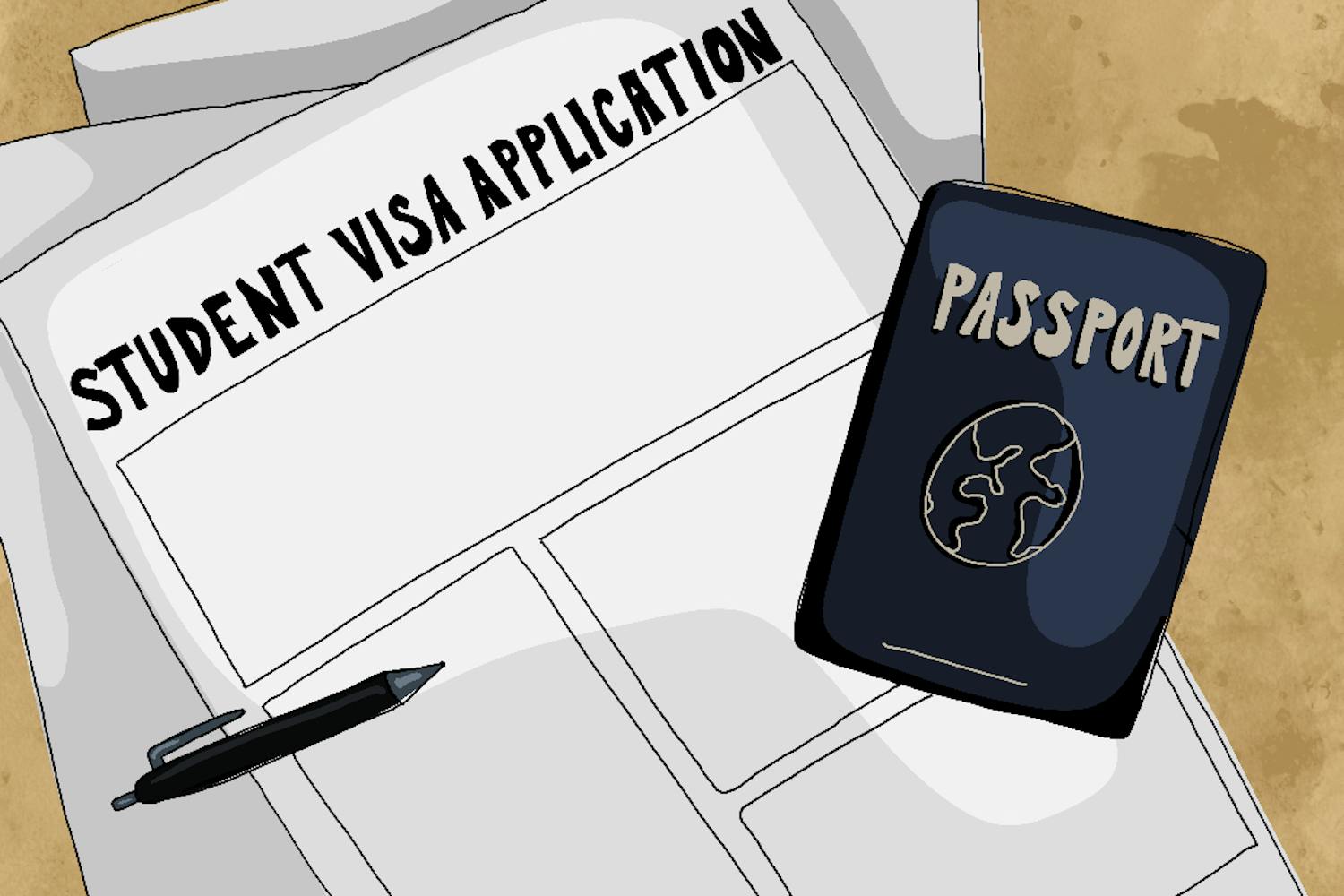Making up is always a precarious process: Trust must be re-built, partners' egos need stroking, and there are always naysayers who are overly pessimistic, always thinking that the relationship will crash and burn and hurt everyone involved. But, given enough time and support, the makeup process will help a relationship blossom into a strong bond, and create a peaceful and happy environment.
The makeup process that the national unity government in Afghanistan between Ashraf Ghani and Abdullah Abdullah is engaged in at present is no different. The unity government was created by the brokering efforts of Secretary of State John Kerry due to a lack of trust between both parties in response to election fraud. A need for flattered egos led to stronger position for the loser, Abdullah. This new arrangement definitely has many naysayers.
Its critics have called it nearly another “puppet” regime of the U.S. to serve our interests there. Others say that it might not be able to stand up to the threats facing Afghanistan from the outside by terrorists and insurgent networks. These critics say that even if the new government does manage to survive the many threats that faces it from the outside, it will probably collapse from the inside due to the lack of trust that developed as a result of election fraud on both sides.
I must admit, these critics’ fears are not unfounded. The relationship between Ghani and Abdullah definitely has its flaws, and certainly has the potential to explode and rip the country apart. In fact, before the elections results had even been fully determined, Abdullah was prepared to take over the government – or at least create a parallel one – in the event that he was unsatisfied with the results. Even after the unity government terms were agreed upon, he still threatened to boycott the inauguration, putting the entire deal in jeopardy.
But despite all of the mistrust and terrorist activity that is existent in Afghanistan, I believe that the country has a bright future ahead. How could I have such an optimistic view of the situation? Well, history (and multiple theories in comparative politics) teaches us that in a country where there has rarely been a peaceful transfer of power, how the loser reacts is often more important for a country’s future than who wins the election. Often the losers will take up arms either to launch a coup or to plunge the country into civil war.
But as of late, it seems that Abdullah has reconciled himself to holding the position of Chief Executive Officer and is cooperating fully. His cooperation provides stability, and helps unite the entire country by catering to the two main ethnic groups in Afghanistan: Pashtuns and Tajiks. Ghani is a Pashtun, and Abdullah is a Tajik with Pashtun background. Abdullah would lose face and be forever dishonored in the sight of the Afghan people if he were to back out of the government now. Ghani, on the other hand, would seem arrogant and power-hungry if he tried to provoke Abdullah.
Therefore, both sides have a vested interest in making sure that this arrangement works, hence the reason why I believe that Afghanistan has a bright future. With the continued assistance of the U.S., the U.K., India and other countries, Afghanistan’s horizon is looking brighter and brighter. Sure, the new government is untested, fragmented and potentially explosive. Even so, I really don’t see what critics can offer as an alternative. Kerry brilliantly used the resources he had available to him to make the best of a very unstable situation.
I believe that instead of criticizing and being doomsday prophets, we should instead keep looking to how we can stabilize this country which is so vital to U.S. interests’ in the region. That is the only way things can get better.
Reach the columnist at jbrunne2@asu.edu or follow him on Twitter @MrAmbassador4
Editor’s note: The opinions presented in this column are the author’s and do not imply any endorsement from The State Press or its editors.
Want to join the conversation? Send an email to opiniondesk.statepress@gmail.com. Keep letters under 300 words and be sure to include your university affiliation. Anonymity will not be granted.
Like The State Press on Facebook and follow @statepress on Twitter.





